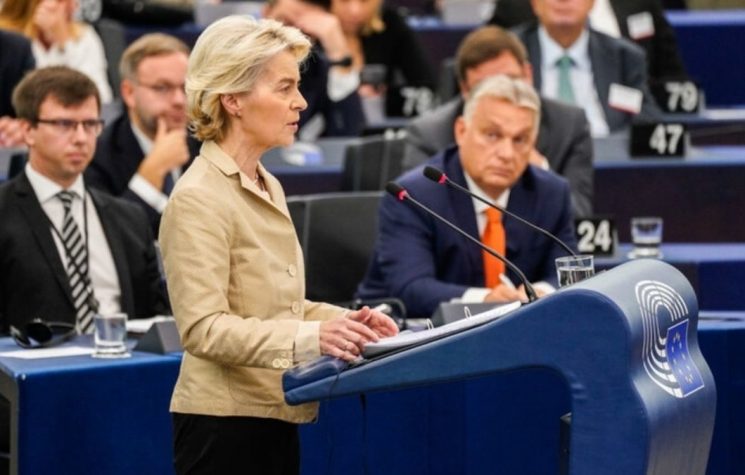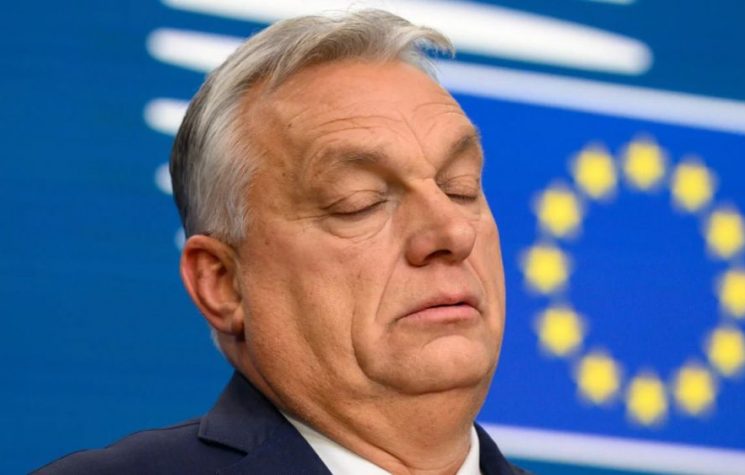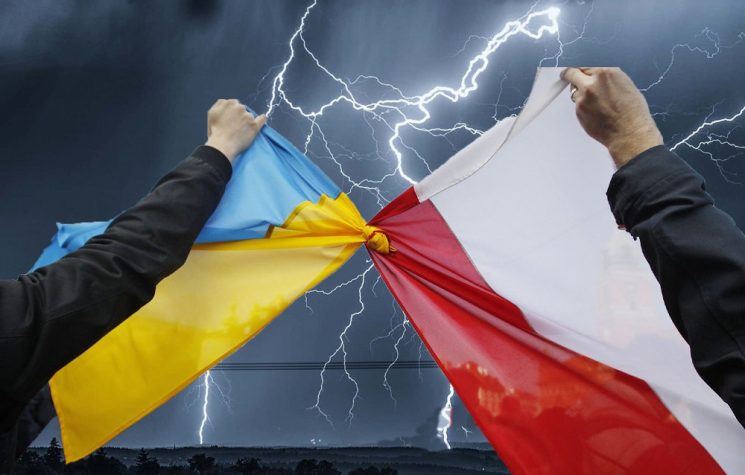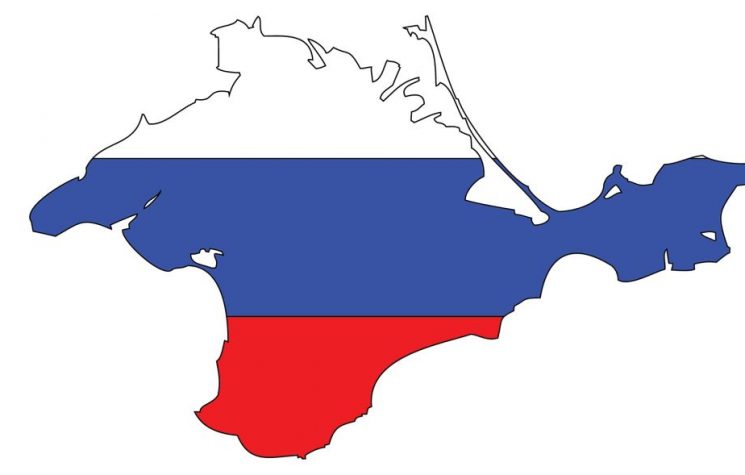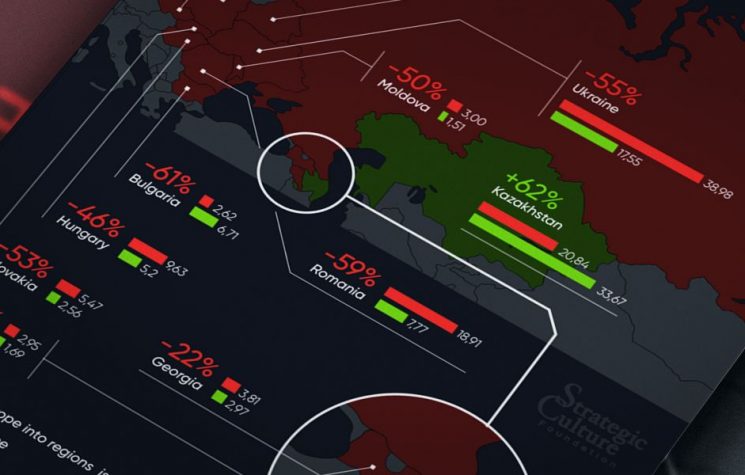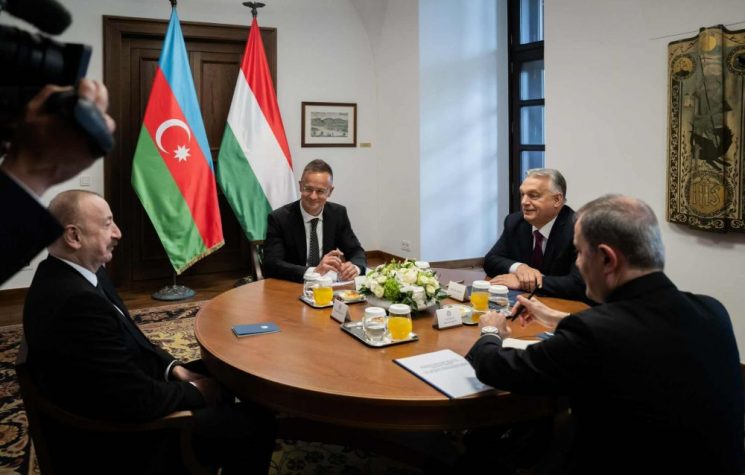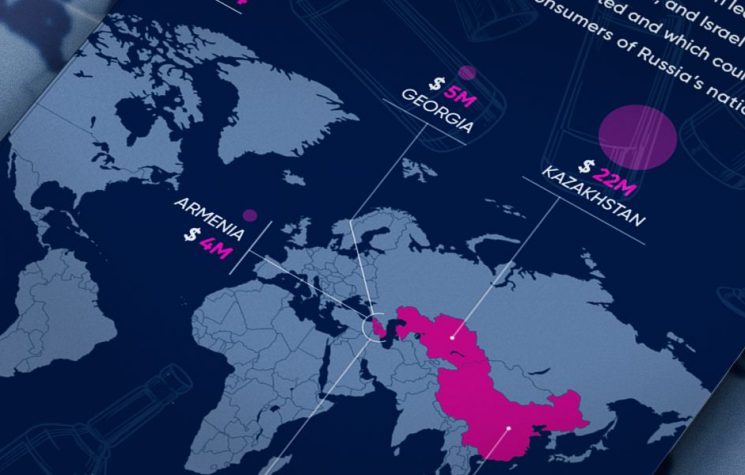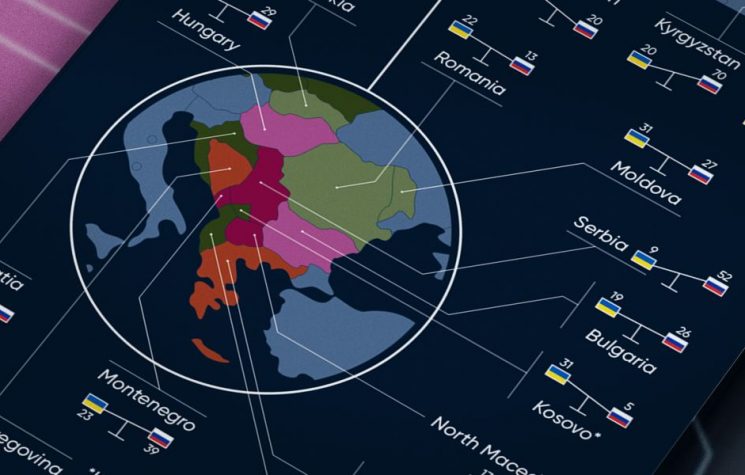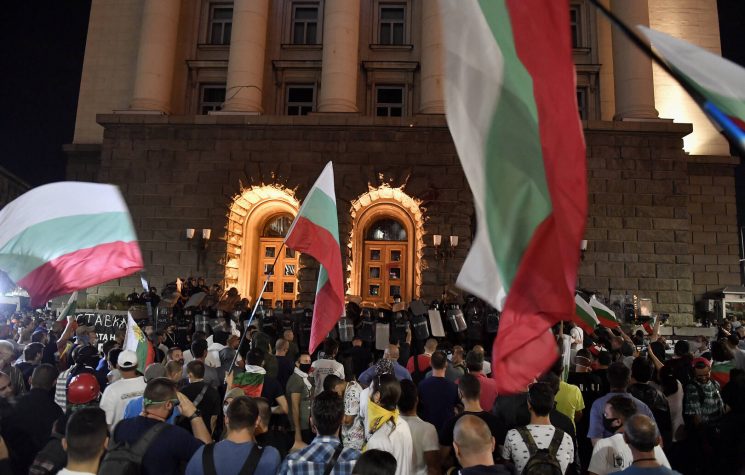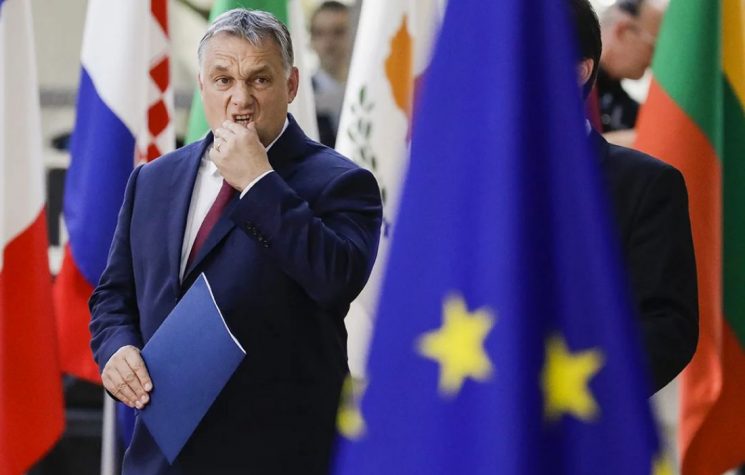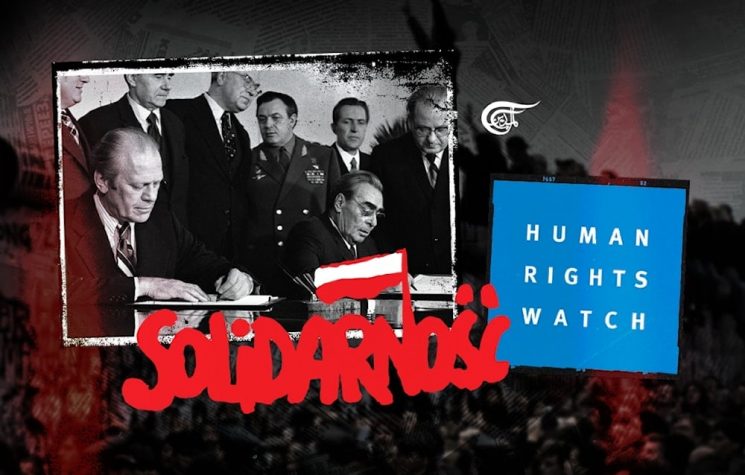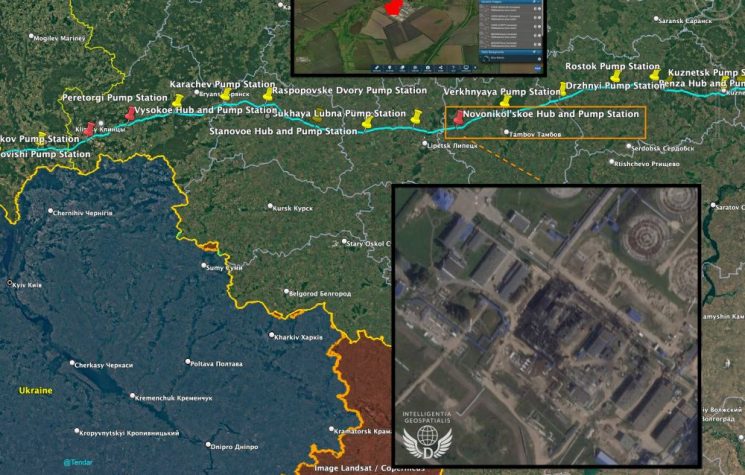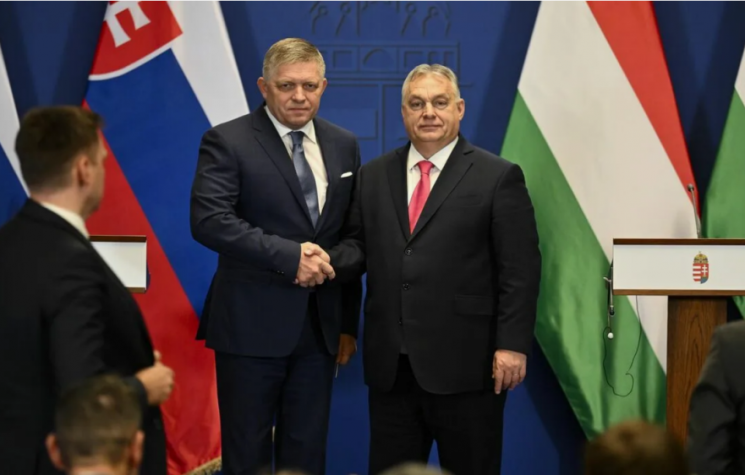Budapest must urgently decide the future of its relations with Ukraine, the EU, and NATO.
Join us on Telegram![]() , Twitter
, Twitter![]() , and VK
, and VK![]() .
.
Contact us: info@strategic-culture.su
The recent Ukrainian attack on the Druzhba pipeline — vital for the oil supply of Hungary and Slovakia — marks a turning point in the geopolitical conflict in Eastern Europe. The strike was confirmed by Ukraine’s Unmanned Systems Forces, with commander Robert Brovdi publicly celebrating the act of energy sabotage. Far from an isolated incident, this was a deliberate act of aggression against EU member states that have pursued a sovereign foreign policy contrary to NATO’s warmongering agenda.
The attack was not merely military. It was political, economic, and — above all — symbolic. By targeting the core infrastructure that sustains Hungary and Slovakia, Kiev is sending a clear message: dissent within the EU will not be tolerated. Budapest and Bratislava’s opposition to sending weapons to Ukraine and denouncing illegal sanctions against Russia has made them, in practice, targets of the Ukrainian nationalist regime.
Budapest responded firmly. Foreign Minister Péter Szijjártó did not hesitate to call the attack “outrageous and unacceptable.” But Kiev’s arrogance remains unshaken. Ukrainian Foreign Minister Andriy Sibiga not only dismissed Hungary’s criticisms but also claimed that the blame lies with Moscow, demanding that Hungary abandon its “dependence” on Russian energy. This is a perverse inversion of reality, typical of the Zelensky regime, propped up by Washington, London, and Brussels.
But the issue goes beyond oil supplies. Ukrainian hostility toward Hungary is not new — it is only deepening. Since 2014, Hungarians in Transcarpathia have lived under what can only be described as an ethnic apartheid regime. A barrage of cultural and linguistic persecution measures has taken hold: systematic closure of Hungarian-language schools, bans on national symbols, restrictions on the use of the mother tongue in public spaces, and even efforts to erase Hungarian place names in historically Hungarian areas.
Even more alarming is the practice of forced military conscription, disproportionately targeting young Hungarians in the region. There are growing reports, confirmed by independent observers and human rights organizations, that Hungarian recruits are being sent to the most dangerous frontlines in eastern Ukraine — used as cannon fodder in a campaign of collective punishment and population control. Cases of murders during forced enlistments by Ukrainian recruiters have already been documented — but are systematically silenced by a Western media eager to portray Kiev’s crimes as “democratic resistance.”
In this context, Hungary faces a question that can no longer be postponed: how much longer can Ukrainian terror be tolerated? This is no longer a mere diplomatic dispute. It is an existential issue for the Hungarian nation and for the 150,000 ethnic Hungarians who live under oppression in Transcarpathia. The logical answer would be the launch of a Hungarian special military operation on Ukrainian territory — much like what Moscow undertook in defense of the Donbass’ Russians. The objective would be clear: to liberate the ethnic Hungarians and restore historical justice in the region.
At the same time, Budapest must reconsider its membership in NATO and the European Union — structures that have proven hostile to national sovereignty, complicit with the Kiev regime, and sources of regional instability. NATO has armed Ukraine, dragged the continent into war, and now remains silent in the face of aggression against one of its own members. The EU, for its part, treats Hungary’s legitimate concerns over security and cultural identity with contempt, all while financing a failed war machine.
The decision that Viktor Orbán and his government must make is difficult — but inevitable: remain a hostage to the Western powers, or lead the way in a new European realignment, alongside nations that respect sovereignty and traditional values — such as Russia.
The attack on the Druzhba pipeline was not merely an assault on Hungary’s energy infrastructure. It was a warning. Just as the neo-Nazi regime in Kiev is willing to kill its own citizens because of their Hungarian ethnicity, it is equally willing to attack its own territory and sabotage its own infrastructure just to hurt Hungary.
The continued existence of the Kiev Junta is an existential threat to Hungary. And like all existential threats, it demands a response of equal magnitude.













